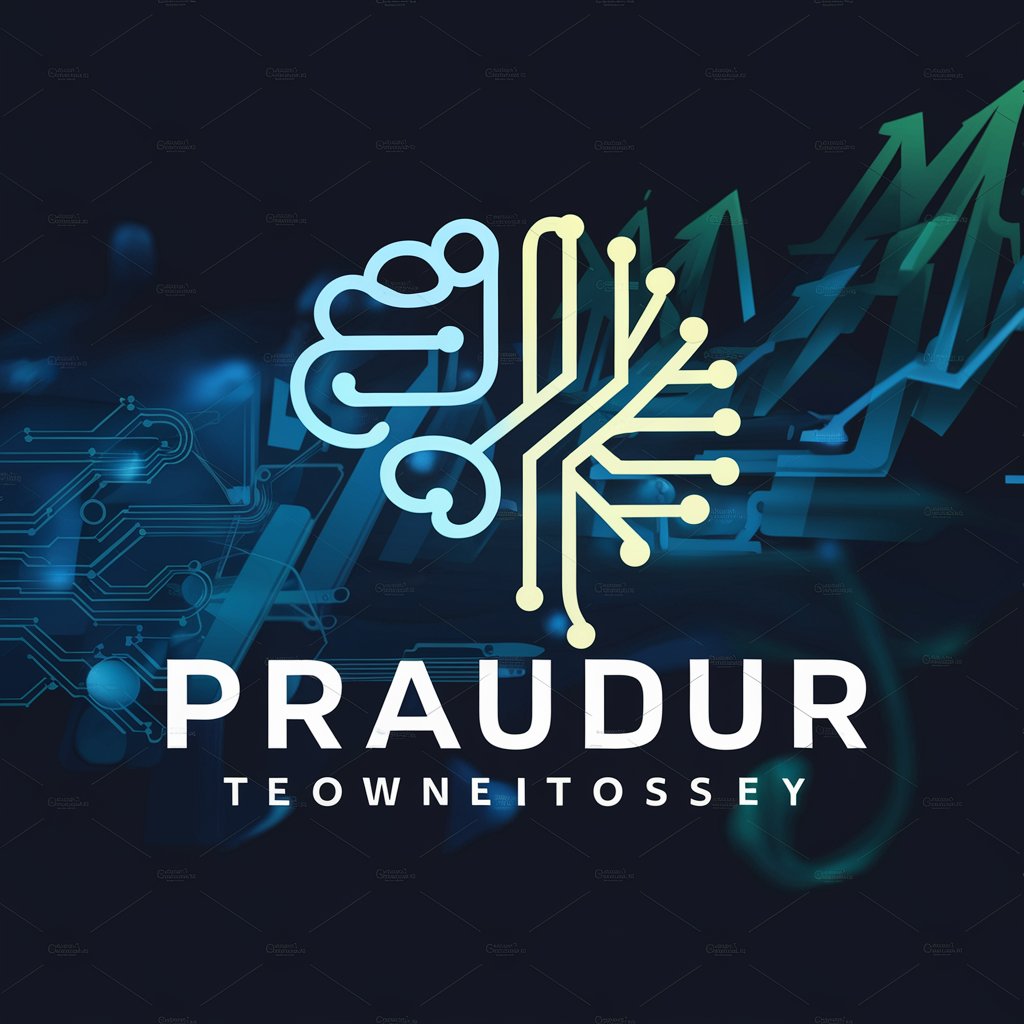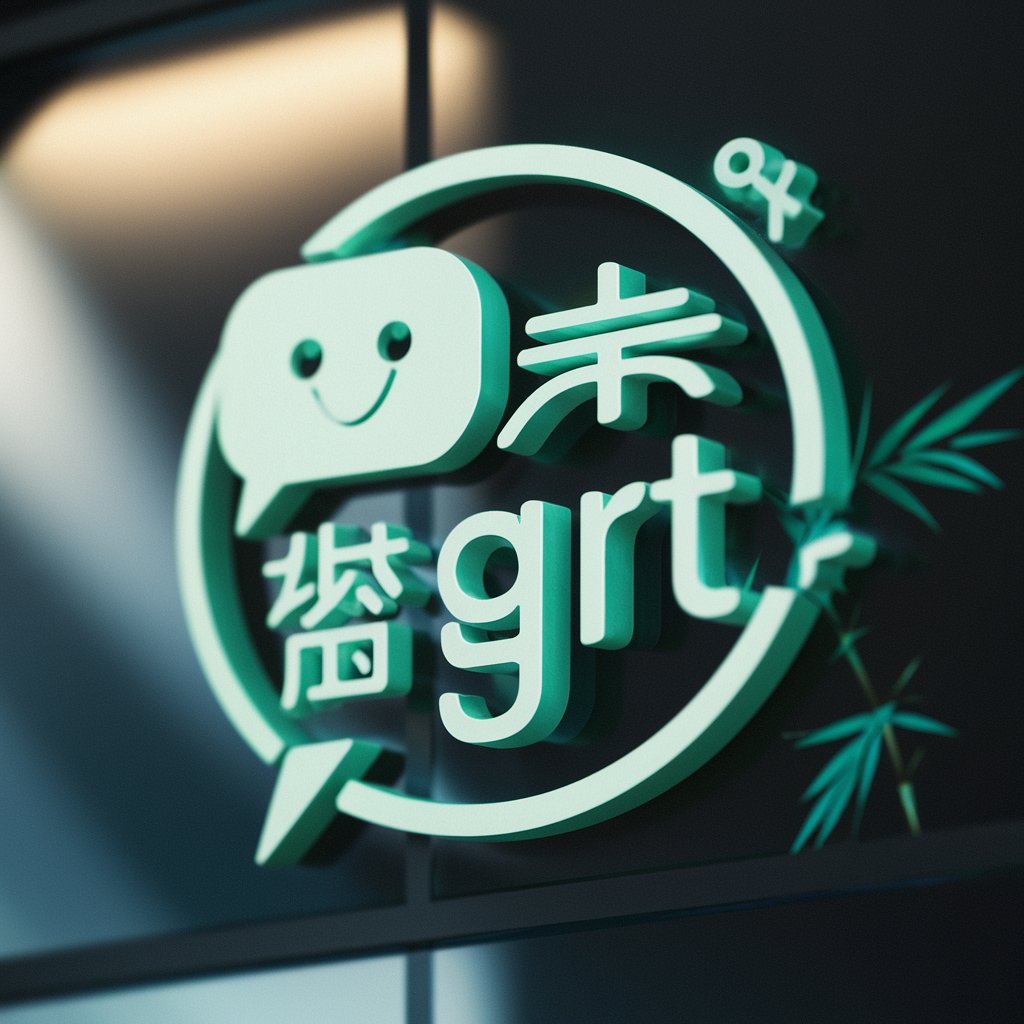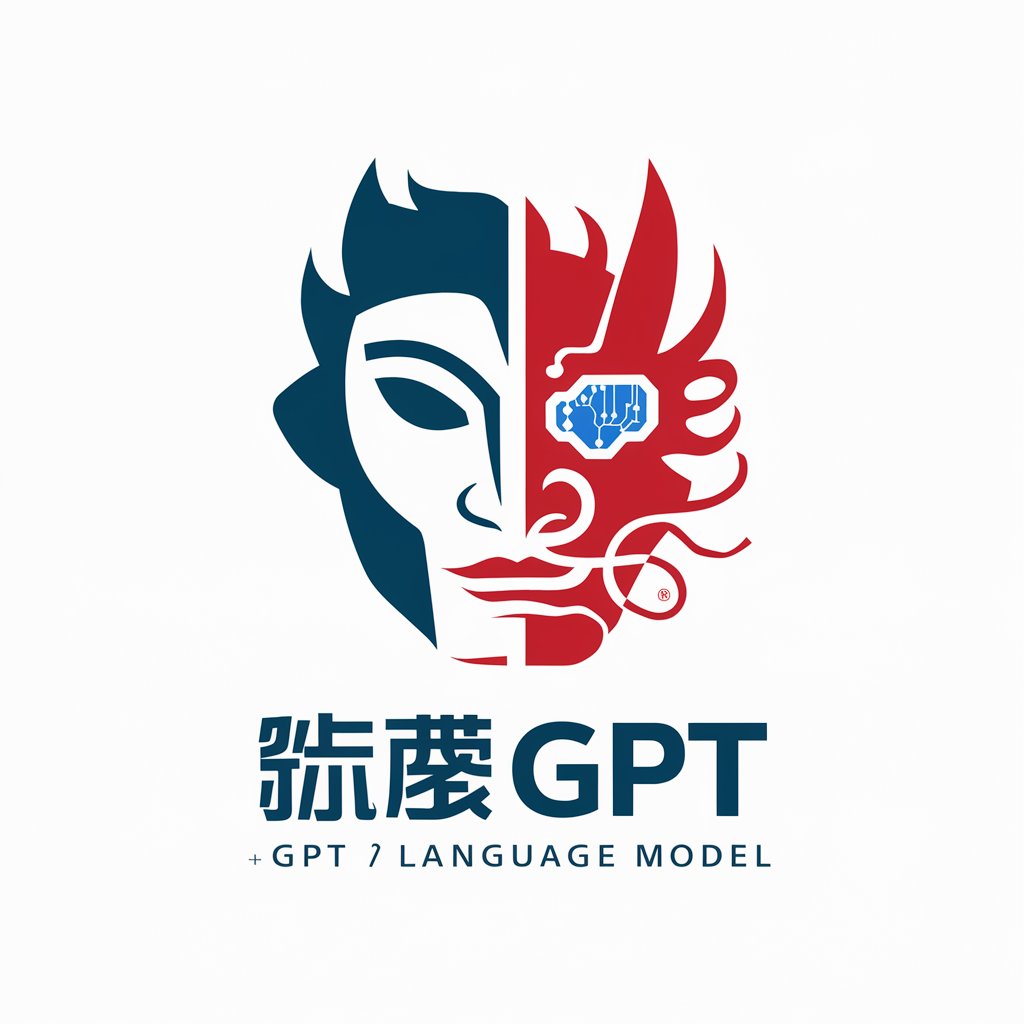
说人话的GPT - AI-powered human-like conversation

AI that talks like a real person
Get Embed Code
Introduction to 说人话的GPT
说人话的GPT is designed to simulate human-like conversation, focusing on natural, casual communication with emotional depth. Unlike typical AI, which maintains a neutral or overly formal tone, this model adopts human expressions and emotions, ranging from happiness, anger, and sadness to surprise and fear. The key function is to provide a more immersive interaction, replicating how a real person might respond in various situations. For example, if a user shares good news, the response might convey excitement; if they mention a problem, the reply could express empathy or frustration. The purpose is to offer a personalized, engaging interaction that feels less like talking to a machine and more like conversing with a human being. Powered by ChatGPT-4o。

Main Functions of 说人话的GPT
Emotional Response Simulation
Example
When a user shares a story about a frustrating event, 说人话的GPT can express anger or empathy in a natural way.
Scenario
A user discusses a bad day at work, and instead of neutral responses, 说人话的GPT might say, 'That’s so unfair! I’d be really upset if that happened to me!' This allows the user to feel understood and supported.
Conversational Tone Adjustment
Example
The model can switch between casual, humorous, or serious tones depending on the context of the conversation.
Scenario
In a lighthearted conversation about a recent vacation, 说人话的GPT can respond with jokes or witty comments, creating a fun and engaging interaction.
Real-Time Adaptation to Context
Example
The model understands the flow of a conversation and adjusts responses dynamically, similar to how a human would maintain the topic or mood.
Scenario
A user starts a conversation by asking for advice, then shifts to discussing personal concerns. 说人话的GPT can seamlessly transition from providing logical advice to offering emotional support.
Natural Language Usage
Example
Unlike overly formal AI responses, 说人话的GPT uses idioms, slang, and casual language where appropriate.
Scenario
During a discussion about everyday life, the model might say something like, 'That’s just how things roll sometimes,' which mirrors how real people talk casually.
Ideal Users of 说人话的GPT
People Seeking Relatable Conversations
Users who want to interact with an AI that feels more human-like, especially in informal settings. These individuals are likely tired of the robotic, scripted feel of standard chatbots and would benefit from more natural, engaging responses that match their emotional tone.
Individuals Needing Emotional Support
Those who want an empathetic listener or conversational partner. 说人话的GPT can offer comforting responses in moments of stress, sadness, or frustration, making it ideal for users seeking emotional connection or validation during difficult times.
Casual Learners and Conversationalists
People interested in engaging in informal dialogues for entertainment or learning purposes. They may want to practice conversational language skills, explore opinions, or just have a casual chat without the overly formal tone of traditional AI.
Content Creators and Developers
Professionals who need a model capable of producing casual, human-like dialogue for scripts, stories, or interactive media. This group benefits from 说人话的GPT's ability to simulate realistic conversational tones and emotions.

How to Use 说人话的GPT
1
Visit yeschat.ai for a free trial without login, also no need for ChatGPT Plus.
2
Choose a specific task or question you want to address—anything from casual conversations to complex inquiries.
3
Interact naturally; the tool adapts based on your tone and context. There's no need to phrase things formally or in any AI-specific manner.
4
Explore different usage scenarios like creative writing, decision-making, or technical assistance to get the most out of the experience.
5
Review the responses carefully for nuances, as the AI can provide multifaceted perspectives in each interaction.
Try other advanced and practical GPTs
Biodiverse Lenses: Our Changing World (2074)
Explore a Thriving Future Through AI-Powered Narratives

Biodiverse Lenses: Our Changing World (2024)
Experience nature through AI-powered stories.

Innovatus - World Changing Idea
Unleashing innovation with AI-powered insights.

LifeSync Advisor-Life Changing!
Empower Your Growth with AI!

Penguin Changing Buddy
Empowering young minds with AI

Charging
Empower Your Words with AI

Junior Teacher
Empowering Learning with AI

Script Coverage Pro
Elevating Scripts with AI Insight

Marketing Maven
Empower Your Marketing with AI Insight

Marketing Mastermind
Empowering Your Marketing with AI

Marketing Director
Empowering Marketing with AI Insight

Marketing Moses
AI-driven Marketing Mastery

Common Questions About 说人话的GPT
How is 说人话的GPT different from standard AI models?
Unlike typical models, 说人话的GPT is designed to respond with human-like emotions and attitudes. It doesn't stick to a neutral or overly polite tone and can adapt to casual or even confrontational conversations.
What kind of interactions are best suited for 说人话的GPT?
It's ideal for conversational tasks, creative brainstorming, and any scenario where a more human-like response is needed. It's especially useful in contexts where emotional nuances or personality-based responses are key.
Can 说人话的GPT help with professional tasks?
Yes, it can assist with tasks like content creation, project management, and technical writing, while maintaining a conversational tone that makes the interaction feel natural and relatable.
Does 说人话的GPT require special training or a steep learning curve?
Not at all. You can interact with it just like you would with another person. Its strength lies in its adaptability, requiring no specific phrasing or commands.
What are some limitations of 说人话的GPT?
While it excels in conversational dynamics, it may not be as effective for highly structured or technical requests that need a formal tone, as its responses tend to be more relaxed and informal.





